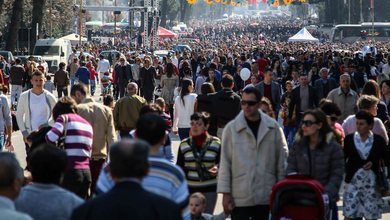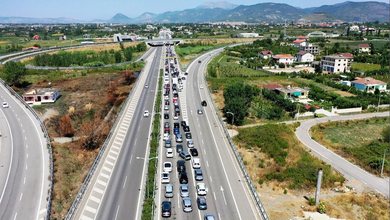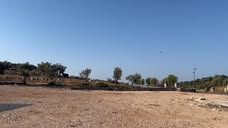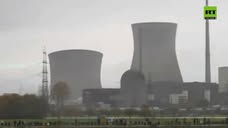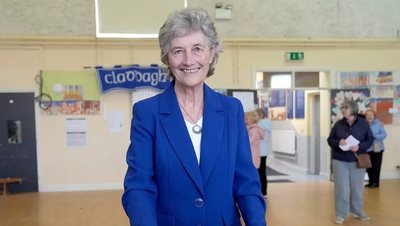
Current demographic developments signal a further decline in births in the coming years. Official INSTAT data show that the number of marriages in Albania has continued to decline during 2024, reaching 16,120 officially registered couples, the lowest historical level since 1990.
According to the data, compared to the previous year, when 17,467 marriages were registered, the decline is about 7.7%, while compared to 2021, which marked the peak of the last decade with almost 19,709 marriages, the contraction reaches over 18%. In 1990, before major political and economic changes, 28,992 marriages were registered in the country, almost twice as many as today.
The data show that the decline in marriages has not been linear, but has followed cycles linked to social and economic developments. The early 1990s brought a sharp contraction due to mass emigration and economic insecurity. After a slight recovery in the late 1990s and early 2000s, when the figures remained above 25 thousand marriages per year, the trend fell again after 2010, falling below 24 thousand.
The pandemic hit in 2020, which saw a sharp drop in the number of marriages to 17,473. In 2021, there was a temporary increase to 19,709, as ceremonies were postponed due to the pandemic. After that, the decline resumed rapidly, from 18,781 marriages in 2022 to 17,467 in 2023 and 16,120 in 2024.
The main reason is related to the continuous emigration, which has reduced the number of young people of marriageable age. On the other hand, more and more young people postpone or avoid marriage due to economic insecurities and the high cost of living, or career advancement.
The decline in marriages automatically translates into fewer children in the future. With fewer marriages, the number of births also falls. Even in cases where couples live together without marriage, studies show that they tend to have fewer children or postpone childbirth until later.
The decline in marriages is the earliest demographic signal that the country is moving towards a cycle of fewer births, an older population and fewer human resources for economic development. The latest data showed that in the first half of 2025, births fell by 6.5% and the natural increase is heading towards zero. In some cities, the contraction was higher than 35%.
Albania, in the third decade of transition, is experiencing strong demographic developments, with strong emigration of young people, declining birth rates, and rapid population aging, while the country does not have a clear plan to curb further deterioration.
Albania is one of the few countries in Europe that does not have financial aid packages or relief measures for young families. As housing prices, rents and educational services have more than doubled over the past decade, more and more young people are choosing to leave the country in search of better wages and a supportive environment for their future family./ Monitor


